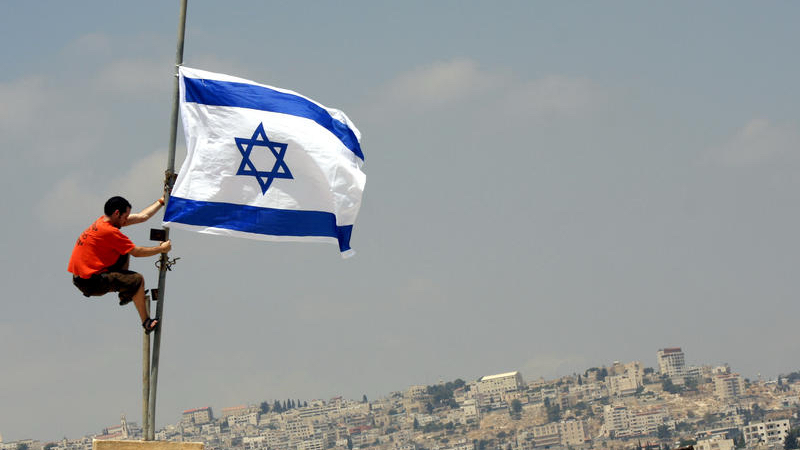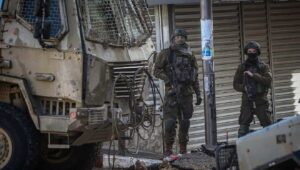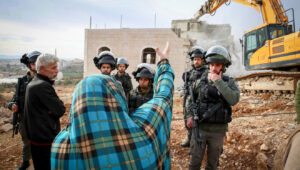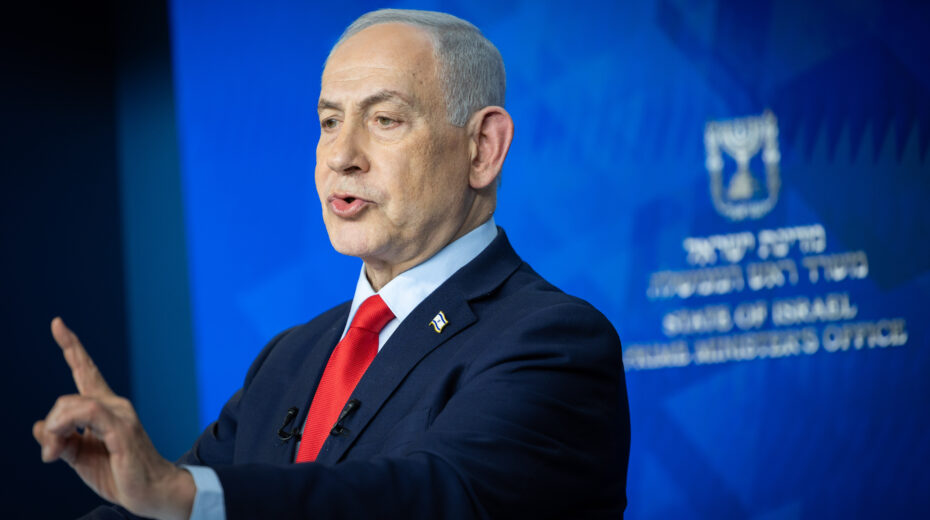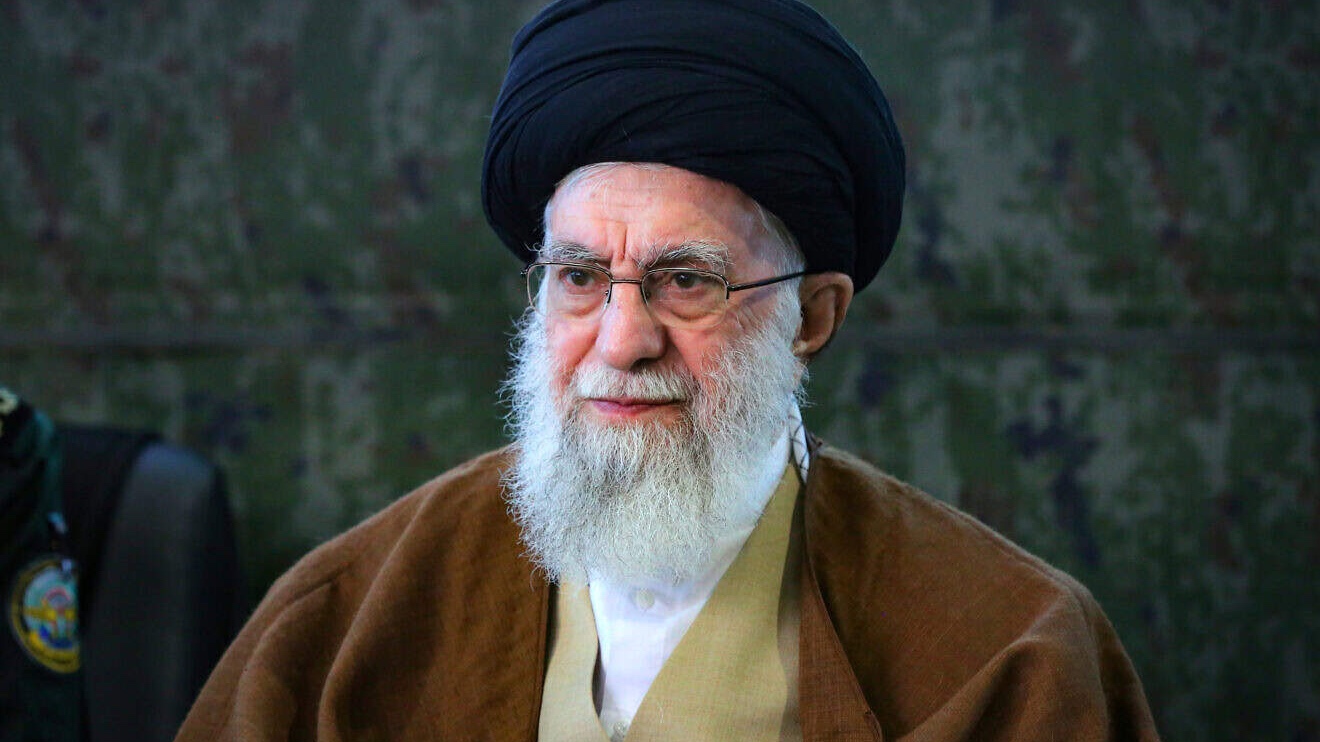As the ink dries on UN Security Council Resolution 2803—endorsing President Donald Trump’s 20-point vision for postwar Gaza and paving a theoretical “pathway to Palestinian statehood”—Jewish pioneers in Judea and Samaria are quietly taking action to obstruct it. Their strategy? Lay down roots.
On Wednesday night, the Gush Etzion Regional Council placed the first temporary homes at the site of Shdema Beit Lechem, a new Jewish village east of Bethlehem and just miles from Jerusalem. The move was publicly announced Thursday by council head Yaron Rosenthal, who made no attempt to obscure the symbolism or intent.
“Last night, we established a new town in Gush Etzion: Shdema Beit Lechem—near Bethlehem,” Rosenthal said, declaring the return to the ancestral city of King David and Rachel as a national and spiritual triumph. “We have merited to return… to a community that will strengthen the connection between eastern Gush Etzion and Jerusalem.”
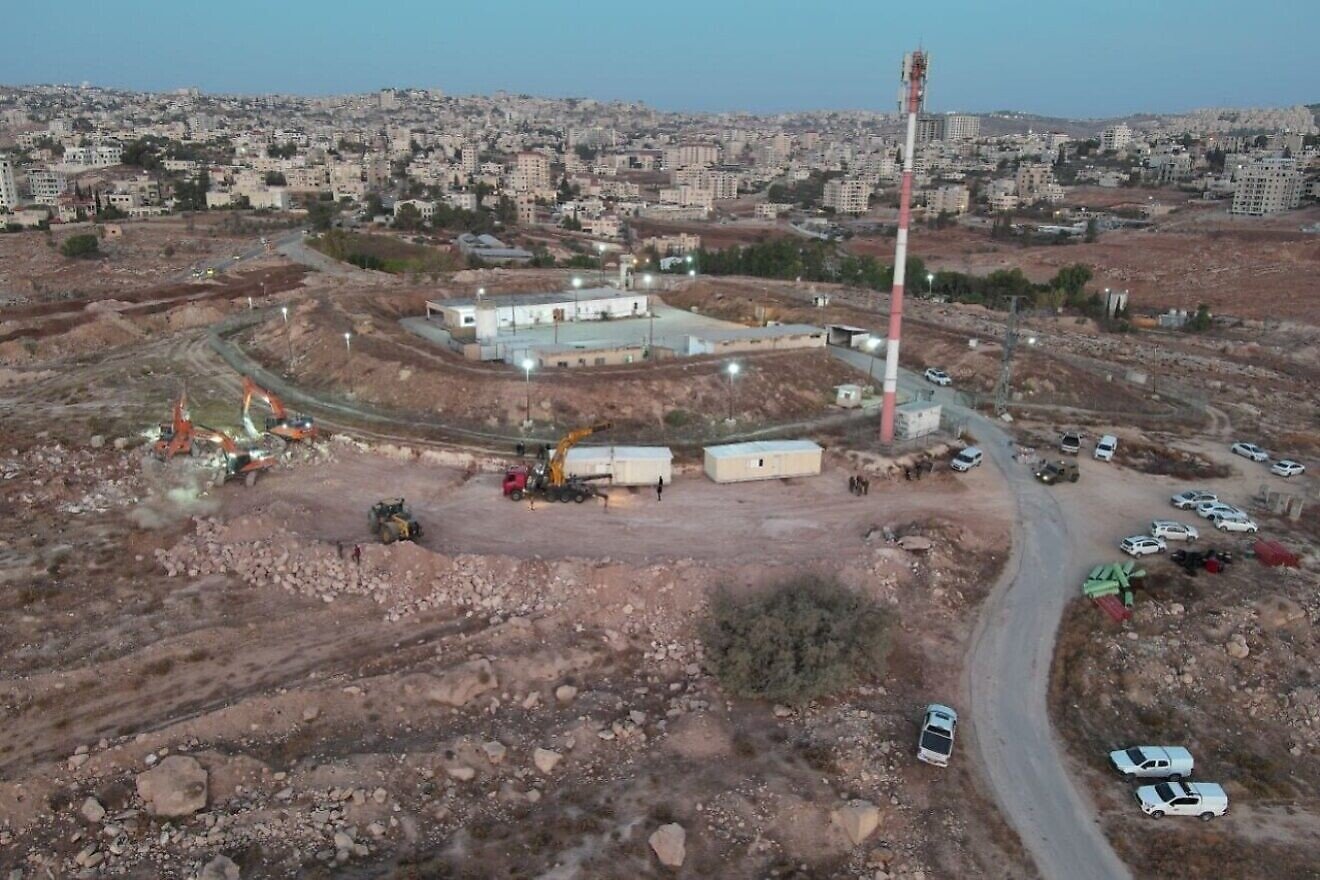
The Jewish outpost of Shdema in the Gush Etzion region of Judea, Nov. 19, 2025. Credit: Gush Etzion Regional Council.
The location is as strategic as it is historic. Situated in Area C—under full Israeli civil and military control—Shdema lies along the critical corridor linking southeastern Jerusalem’s Har Homa neighborhood to Tekoa in eastern Gush Etzion. Once home to an IDF base abandoned in 2006, the site boasts a rich archaeological record, with remains from the First and Second Temple periods, as well as the Hasmonean battlefield where the final defeat of the Seleucid Empire took place.
The revival of Shdema is part of a broader push to create irreversible “facts on the ground” in response to international initiatives that ignore or erase Jewish ties to Judea and Samaria. It follows the recent passage of a UN resolution that implicitly legitimizes the future establishment of a Palestinian state, pending conditions that many in Israel believe will never be met—but which others fear will nonetheless become international expectations.
Just two days earlier, Israeli forces dismantled a separate Jewish outpost—Tzur Misgavi—located nearby in Gush Etzion, evicting 25 families. That operation, ordered by Finance Minister Bezalel Smotrich, sparked tension within the settler movement but also highlighted a new phase of internal discipline. The goal, according to Rosenthal and other officials, is to prioritize state-sanctioned development over ad hoc construction that may jeopardize national planning.
“These areas were earmarked for thousands of housing units,” Rosenthal said, justifying the evacuation of the rogue outpost. His stance was backed by Yesha Council chairman Israel Ganz, who emphasized that the Jewish communities of Judea and Samaria exist “to serve Israel, not to create real estate assets for anyone.”
Ganz, who also leads the Binyamin Regional Council in Samaria, echoed the call for coordinated expansion. “A group came and said, ‘I don’t care about these communities or what the state is planning.’ That’s not acceptable,” he told Kan News.
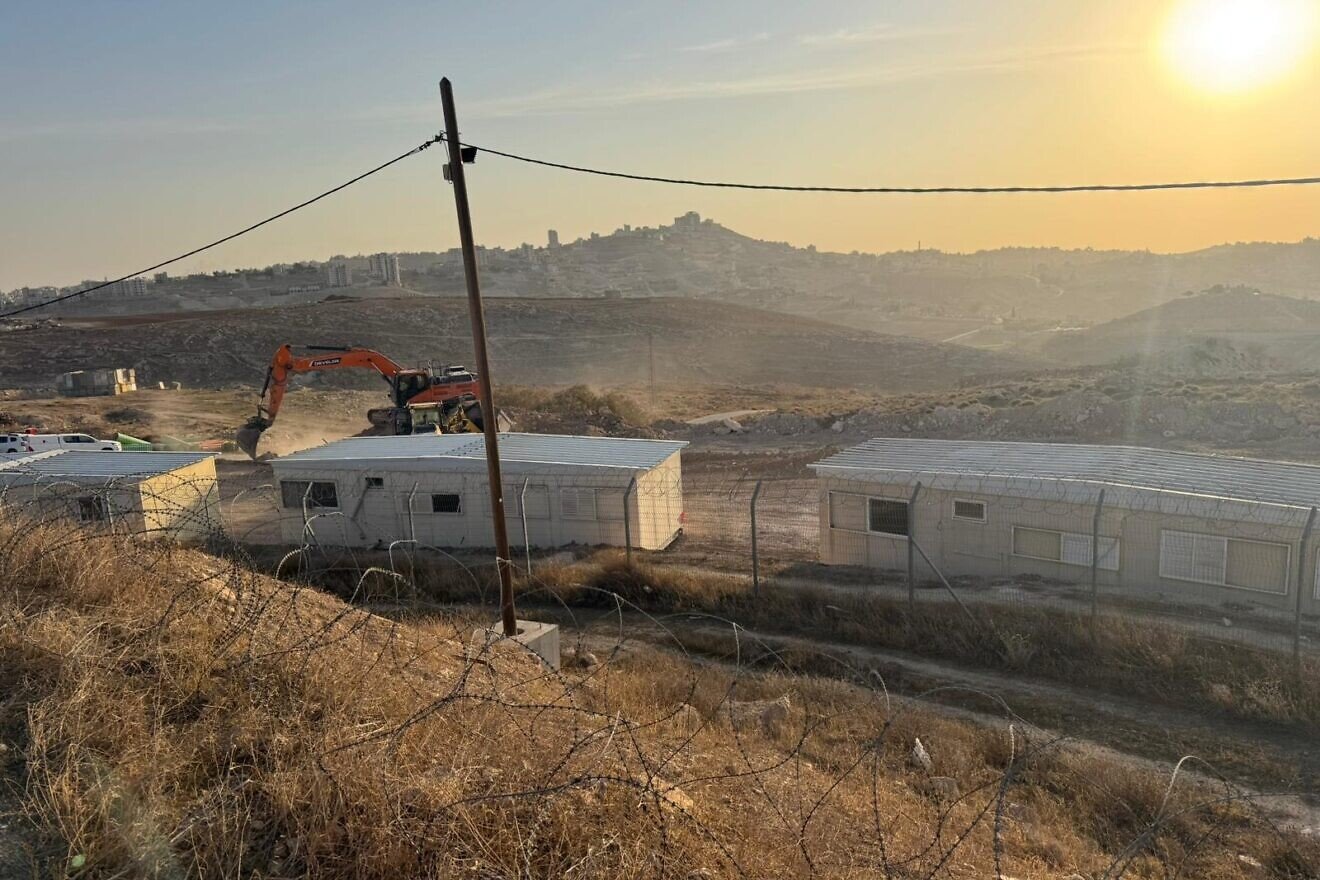
The Jewish outpost of Shdema in the Gush Etzion region of Judea, Nov. 19, 2025. Credit: Gush Etzion Regional Council.
This dual dynamic—constructing one outpost while dismantling another—may seem contradictory. But in practice, it reflects a strategic tightening of the Israeli grip on key terrain, particularly as international momentum builds behind what many in the region view as a fantasy: a demilitarized, democratic Palestinian state next to Israel.
By anchoring Jewish presence in historically and strategically vital areas, local leaders hope to render such visions moot—not through violence or fanfare, but with concrete, caravans, and community.
In this context, Shdema is not just a village; it’s a statement. While Western leaders draw lines on their maps, Jewish pioneers are planting flags on the hills.
Whether Shdema ultimately becomes a permanent town or remains a symbolic outpost, its establishment underscores a deeper Israeli calculus—one that sees the next battle not on the battlefield, but in who lives where, and who stays for good.
Want more news from Israel?
Click Here to sign up for our FREE daily email updates


